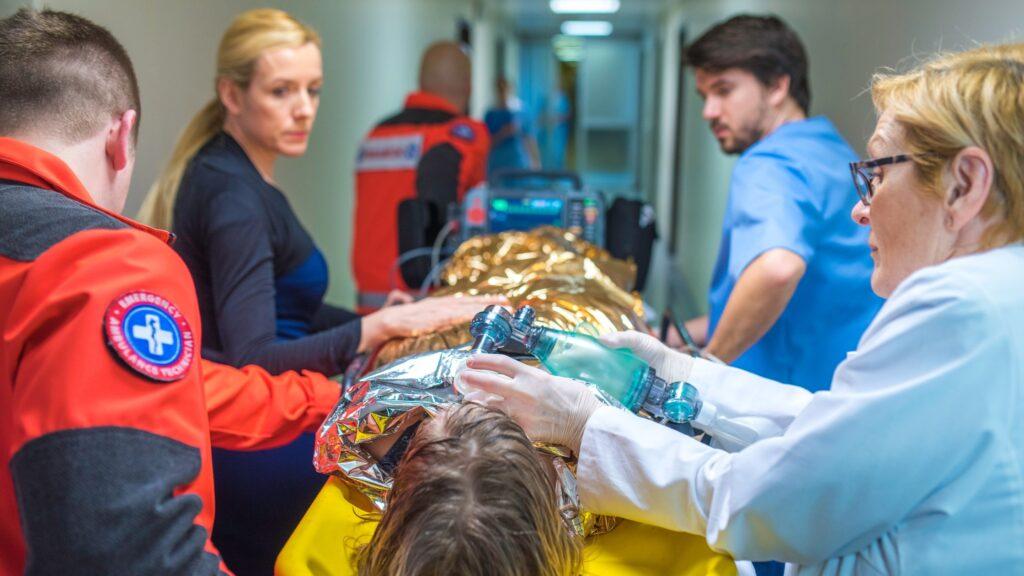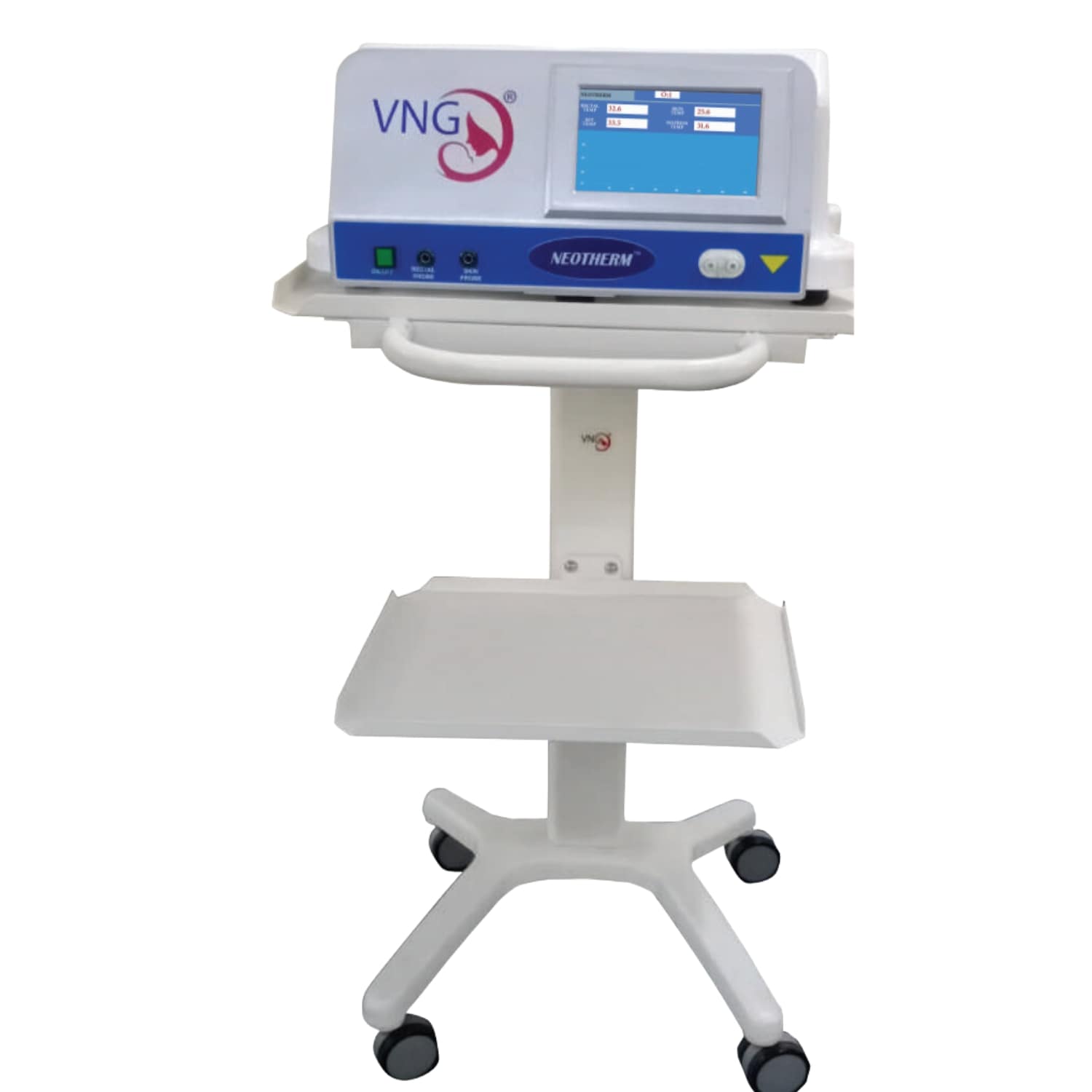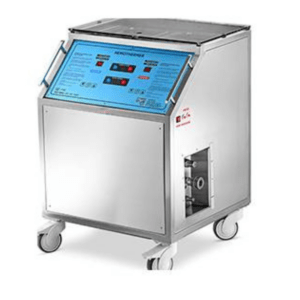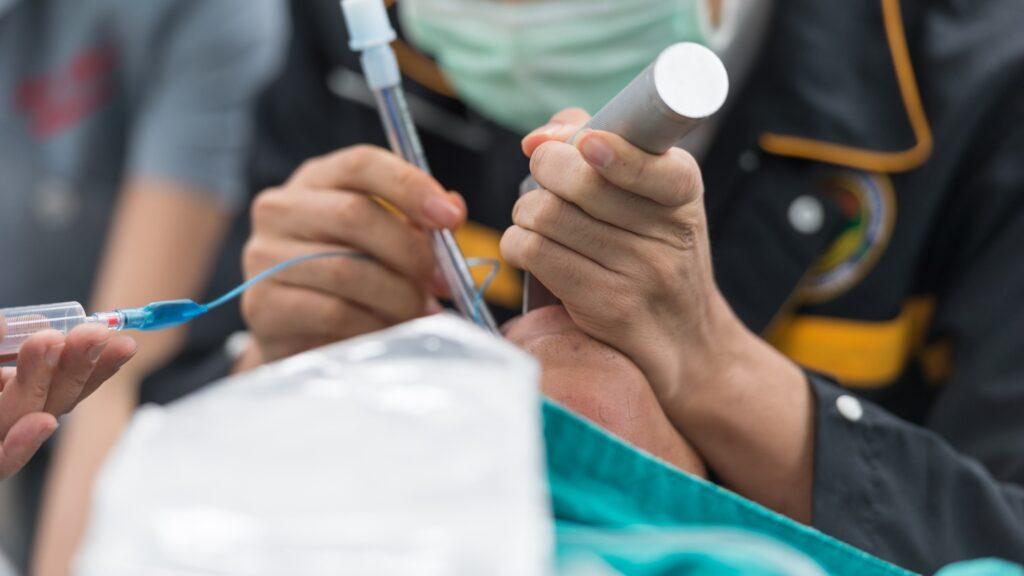Hypothermia systems have revolutionized medical procedures by preventing hypothermia in patients and improving their outcomes. We will be discussing the different types of hypothermia systems and their uses in different medical procedures in this blog. We will also discuss the importance of hypothermia monitoring, prevention, and cost and maintenance considerations for hypothermia systems.
But that’s not all! We’ll also introduce you to Medzell, a futuristic B2B platform that promotes Indian medical devices in emerging markets. So, let’s discover the benefits of hypothermia systems and how they can help improve patient safety and outcomes.
Hypothermia Systems: A Complete Overview
Hypothermia systems are medical devices designed to regulate the body temperature of patients during medical procedures. They work by cooling or warming the patient’s body to maintain a stable temperature, which is critical for patient safety and outcomes. There are three main types of hypothermia systems:
- Surface Cooling Systems
- Total Body Cooling Systems
- Intravascular Cooling
We will explore the different cooling systems in detail in the following sections.
Surface Cooling Systems
Surface cooling systems are medical devices used to reduce the temperature of the skin surface to help manage and prevent certain medical conditions. These systems circulate cooled water or air through a device that is placed on the skin’s surface, which can be adjusted to the desired temperature.
Surface cooling systems have a wide range of applications in the medical field. They are often used during surgeries to help reduce swelling and inflammation in the surgical site.
Surface cooling systems are non-invasive in nature. Surface cooling systems are also highly customizable. Overall, surface cooling systems are a valuable tool for managing a variety of medical conditions.
Total Body Cooling Systems
During medical procedures, total body cooling systems are utilized to cool the entire body of the patient. They work by circulating cool water or air through a body suit that covers the patient’s entire body. Compared to surface cooling systems, total body cooling systems are more invasive but provide faster cooling and more precise temperature control.
Some common applications of total body cooling systems include:
- Cardiac surgery
- Neurological procedures
- Trauma care
In the following section, we will explore intravascular cooling and its applications.
Intravascular Cooling
Intravascular cooling is a more advanced technique that involves cooling the patient’s blood directly. Intravascular cooling systems, also known as therapeutic hypothermia systems help to reduce a patient’s body temperature to a specific range. These systems work by circulating chilled saline through a catheter inserted into a patient’s central veins or arteries, effectively cooling their blood and lowering their body temperature.
They are also highly effective at ensuring that the patient’s body doesn’t experience any sudden fluctuations.
Intravascular cooling systems are typically used in critical care settings. The systems are equipped with advanced monitoring and safety features, including alarms to alert medical staff if the patient’s temperature falls outside of the desired range.
In summary, intravascular cooling systems are a powerful medical tool that can help to save lives and improve outcomes for patients with certain medical conditions.
The Benefits of Hypothermia Systems
Hypothermia systems offer many benefits for both patients and healthcare providers. These benefits include:
- Improved patient outcomes
- Reduced complications and side effects
- Faster recovery times
- Improved patient comfort and safety
- Reduced healthcare costs
As mentioned earlier, Hypothermia Systems are highly effective in preventing hypothermia in medical procedures. Let’s move forward and explore the applications of hypothermia systems in different medical procedures.
Hypothermia Systems for Cardiac Surgery
Performing cardiac surgery is a complex procedure that necessitates stopping the heart. During cardiac surgery, hypothermia systems can reduce body temperature, thereby decreasing the body’s oxygen demand and enabling the heart to be stopped for long periods. It gives the surgeon more time to complete the procedure.
Hypothermia systems are also used to protect the brain during cardiac surgery. They can reduce the body temperature and thus reduce the risk of brain damage caused due to lack of oxygen during surgery. Hypothermia Systems for Neurological Procedures
Hypothermia Systems are used in neurological procedures to protect the brain from damage caused by lack of oxygen. Procedures that involve the blood vessels in the brain like aneurysm surgery, can greatly benefit from the use of these systems. Hypothermia systems can reduce body temperature, which slows down the brain cell metabolic rate, resulting in a decreased demand for oxygen. This reduces the risk of brain damage during the surgery.
Hypothermia Systems for Trauma Care
Hypothermia is a common risk for trauma patients due to the loss of body heat from the injury and the use of cold fluids during resuscitation efforts. The application of hypothermia systems in trauma patients can effectively prevent hypothermia and lead to significant improvements in patient outcomes.
They can induce hypothermia in patients with severe brain injuries resulting from trauma. Induced hypothermia can help to reduce brain swelling and improve outcomes for these patients.
Hypothermia System Cost: What You Need to Know
The cost of these systems can change according to the type of system and the features that they offer. Generally, surface cooling systems are less expensive than total body cooling systems or intravascular cooling systems.
In addition to the initial purchase cost, there are also ongoing maintenance and operating costs to consider. These costs can include things like replacement parts, regular maintenance, and staff training.
It is important to check the benefits of a hypothermia system against its cost before making a purchasing decision. In many cases, the improved patient outcomes and safety that hypothermia systems provide can justify the investment.
Hypothermia Machines from Leading Indian Manufacturers
NEOTHERM Neonatal Full Body Cooling System
NEOTHERM Neonatal Full Body Cooling System is a high-quality hyperthermia machine manufactured by VNG Medical Innovation System Pvt. Ltd., which provides an extensive range of medical care. This machine features a rectal temperature probe that helps the therapist establish the patient’s temperature accurately. The NEOTHERM™ also provides options for both rewarming and cooling by adjusting the rate of change.
One of the key features of NEOTHERM™ is its data storage capability, which allows for simple analysis of temperature profiles. The machine has a large color screen, making it easy to read across the room. The benchtop mountable design makes it space-efficient and easy to install. In the event of a power failure, the NEOTHERM™ can restart from the same settings, ensuring that the patient’s treatment is not disrupted. The output can be obtained through USB for easy data transfer. The use of skin probes is optional, and simple alarms in the NEOTHERM™ ensure that users and nursing staff are alerted to any issues, such as low fluid, low flow, and temperature out of range.
HEART CARE’s Hypothermia Machine
HEART CARE’s Hypothermia Machine is an advanced heater-cooler device utilized in cardiothoracic surgery to effectively regulate patient temperature by providing precise warming or cooling capabilities. The machine is designed to provide optimal patient care while being user-friendly. It features two separate closed water tanks with independent cooling and warming options, as well as two separate heating coils with a capacity of 2000 watts.
HEART CARE’s Hypothermia Machine is microprocessor-based, allowing for precise control of the patient’s temperature. It is capable of providing ice water for cardioplegia independently, with a variable cooling rate. The machine has a battery backup of up to two hours for all four interchangeable heads, making it suitable for use during emergencies. It can work efficiently with varying environmental humidity and temperature, as well as voltage fluctuations. The independent temperature control of the patient and cardioplegia via separated water circuits ensures optimal patient care. The machine is designed with no water shunt or spillage, and it can be easily maneuvered using castor wheels with brakes. The polished stainless-steel cabinet makes it easy to clean and rust-resistant, ensuring long-lasting durability.
In conclusion, both NEOTHERM™ and HEART CARE’s Hypothermia Machines are high-quality devices designed to provide optimal patient care during medical procedures. Their advanced features and easy-to-use interfaces make them ideal for use in any healthcare facility. With their precise temperature control, these machines offer medical professionals a safe and reliable way to maintain a patient’s body temperature during a wide range of medical procedures.
Introducing Medzell: A Futuristic B2B Platform for Promoting Indian Medical Devices in Emerging Markets
At this point, it’s important to highlight Medzell, a futuristic B2B platform that promotes Indian medical devices in emerging markets. Medzell provides a platform for Indian medical device manufacturers to showcase their products and connect with potential buyers in emerging markets.
Medzell offers a wide range of services to help Indian medical device manufacturers succeed in the global marketplace. These services include product promotion, lead generation, and market research.
One of the key benefits of Medzell is its focus on emerging markets. These markets offer tremendous growth potential for Indian medical device manufacturers, but they can also be challenging to navigate. Medzell’s expertise in these markets can help manufacturers overcome these challenges and achieve success.




